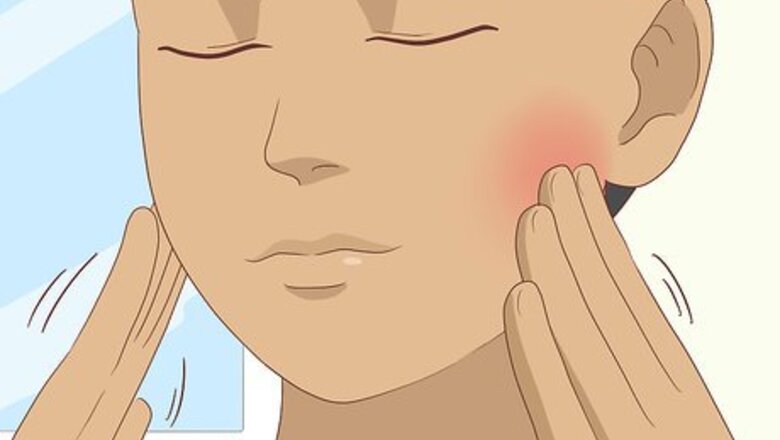
views
X
Trustworthy Source
Mayo Clinic
Educational website from one of the world's leading hospitals
Go to source
If pain and stiffness are your only symptoms, then your lockjaw is probably a simple TMJ flareup. In this case, you can try some self-help tips at home to make yourself feel better.
Relieving Pain and Stiffness
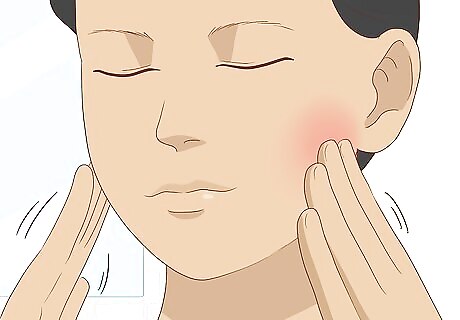
Massage your jaw joint and muscles to loosen them. This is helpful to relieve the pain and stiffness during a lockjaw flareup. A massage could help if your jaw feels tight or you can’t open your mouth much.
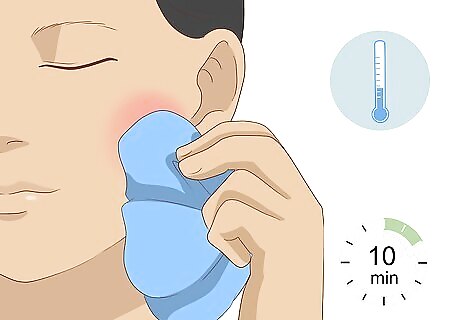
Numb the pain with cold packs. If your jaw hurts, then a cold treatment can help reduce pain. Hold an ice or cold pack to the side of your face near the jaw joint for 10 minutes at a time. Repeat this a few times throughout the day if you have to.
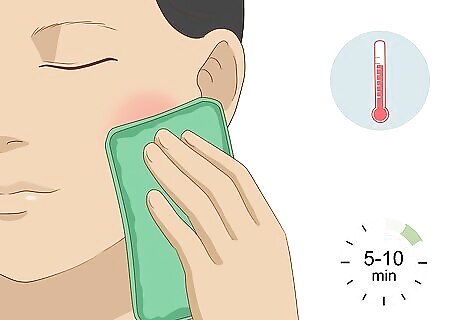
Loosen your jaw with moist heat packs. Try holding a moist heating pad against your face for 5-10 minutes. This could reduce your pain and increase flexibility in your jaw. There isn’t a strict rule on whether you have to use heat or cold to treat your jaw. In general, use the one that helps you the most.
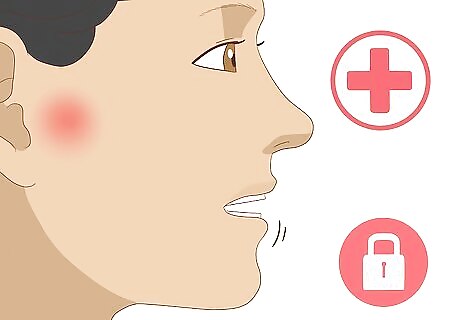
Call your doctor if your jaw is locked open or shut. If your jaw is completely locked open or shut, this could be a serious medical situation. Don’t panic, but take action fast. Call your doctor right away or go to the emergency room to have the problem fixed. Doctors may need to manipulate your jaw to unlock it. This sounds alarming, but they should numb the area so you don’t feel pain during the procedure. If you also have a fever, sweats, high blood pressure, and a rapid heart rate when your jaw locks, then these are all symptoms of tetanus. Seek emergency medical help right away.
Relaxing Your Jaw
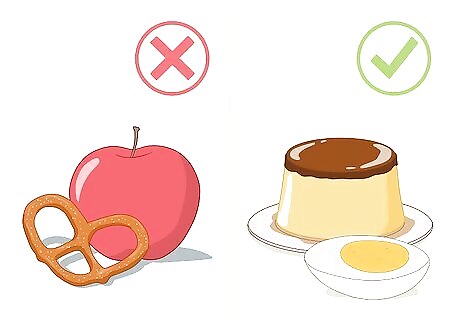
Eat soft foods so you don’t stress your jaw. Hard or crunchy foods like pretzels or hard fruits take more work to eat and might make your pain worse. Stick with softer foods like yogurt, pudding, rice, eggs, fish, or mashed potatoes. This should prevent the inflammation from getting worse. You can also steam or bake fruits and vegetables so they’re easier for you to eat.
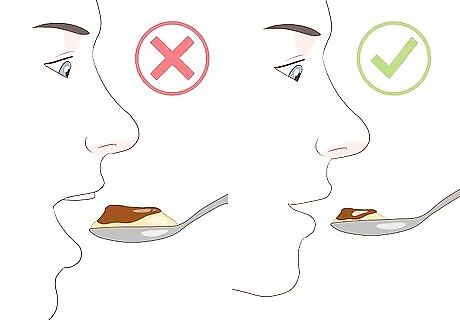
Take small bites so you don’t have to stretch your jaws. It's tough to control yourself during a delicious meal, but large bites could over-stress your jaw muscles. Either take small bites or cut your food into tiny pieces to avoid making your pain worse.
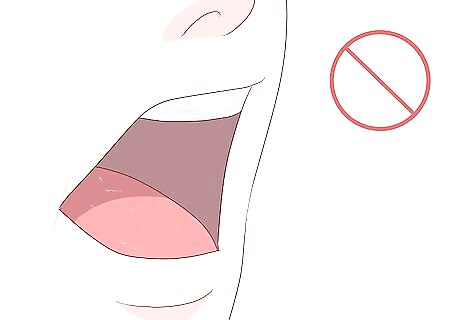
Don’t open your mouth too wide while you’re eating, talking, or yawning. It's easy to get too excited, but relaxing your jaw is important during a TMJ flareup. Avoid opening your jaw wider than you’re comfortable with, or you might make the inflammation worse.
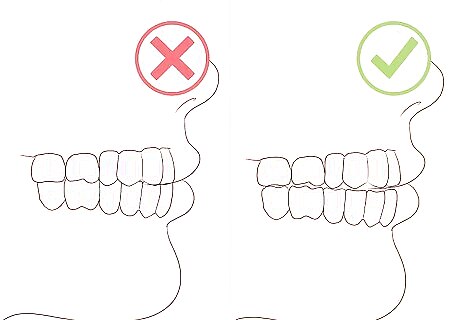
Keep your teeth apart unless you’re eating. Your teeth shouldn’t press together unless you’re chewing. Otherwise, keep your teeth slightly apart. This keeps pressure off your jaw muscles. You might be pressing your teeth together without realizing it. If you catch yourself doing that, remind yourself to keep your teeth apart. Try resting your tongue on top of your bottom row of teeth to force yourself to keep your teeth apart.
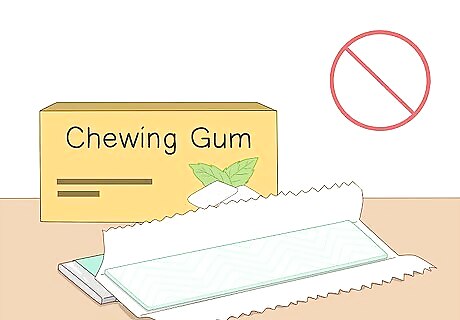
Don’t chew gum. This overworks your jaws and could make your pain worse. It's best to avoid gum altogether.
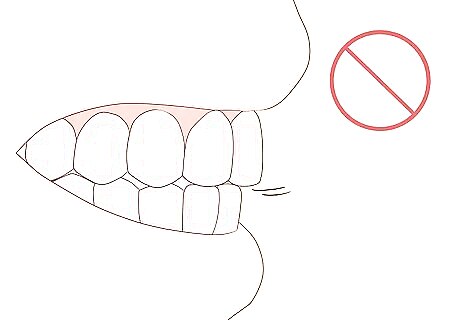
Avoid grinding or clenching your teeth throughout the day. You might not even realize you’re doing this, but it’s a major trigger for jaw pain. If you regularly tap or grind your teeth together, do your best to break that habit. If you can’t stop grinding your teeth during the day, you could wear a bite guard to cushion your jaw. Talk to your dentist about having one of these made for you.
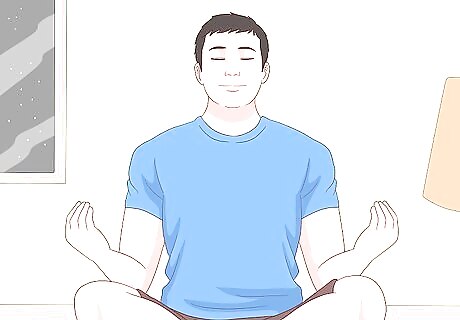
Reduce stress to relieve your symptoms. This might not seem related, but stress could actually trigger TMJ pain. Try taking steps to reduce stress in your daily life to prevent further discomfort. Some relaxation activities like meditation or yoga might help reduce your stress. Try making time for one of these each day to help yourself relax. Doing things you enjoy is also good to keep your stress levels low.
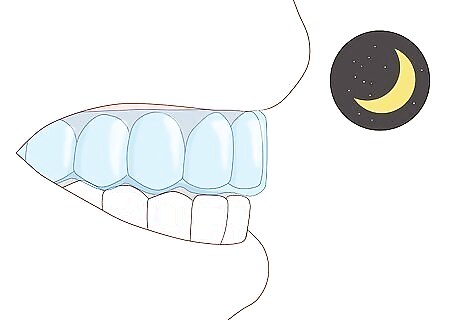
Wear a nightguard if you grind your teeth at night. Nighttime grinding is a common problem, especially if you’re stressed. This is tough to control since you’re not awake, so if you have a grinding problem, you can use a plastic nightguard over your teeth to protect your jaw. Your dentist can usually tell if you have a grinding problem by the scratches on your teeth. They’ll probably tell you if they see signs of grinding and suggest a nightguard.
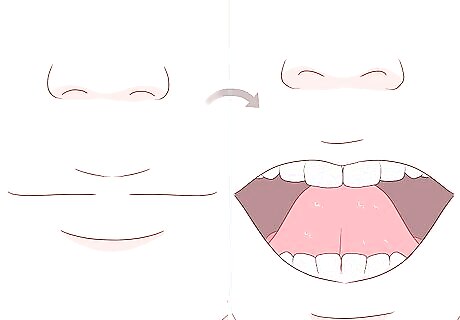
Exercise your jaw to strengthen your muscles. Some stretching and strengthening exercises could relieve the pain and inflammation in your jaw. Ask your dentist for some recommended exercises that might help you, then do them exactly as your dentist instructs you to. Your dentist might also recommend physical therapy or a therapeutic massage to relieve your pain.
Alternative Treatments for Pain
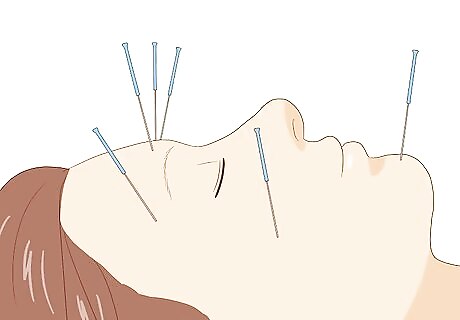
Have acupuncture treatments to relieve tension. Acupuncturists can help relieve chronic pain like TMJ by accessing pressure points to release tension. This isn’t guaranteed to work, but you can try it out for yourself. Always visit a licensed and experienced acupuncturist so you know you’re getting a professional treatment.
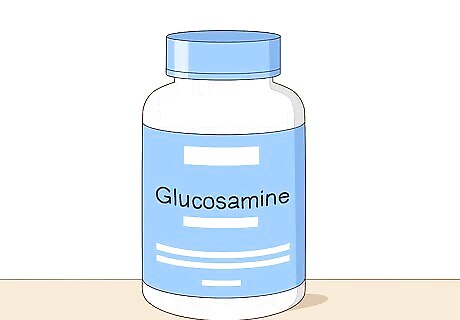
Try taking glucosamine supplements. Glucosamine is a popular treatment for arthritis because it can help support joint health. This might help with your TMJ as well. Try taking a daily supplement to see if this helps you. A common glucosamine dose to treat arthritis is 1.5 g per day, but follow the dosing instructions on the brand that you use. Glucosamine could interfere with blood thinners and a few other medications, so ask your doctor before taking it.
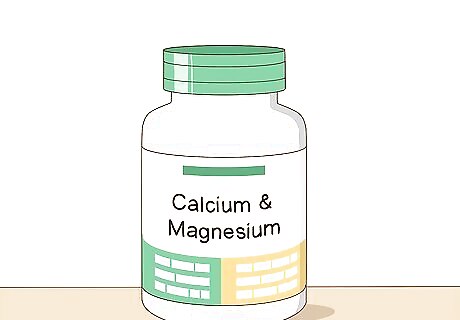
Take calcium and magnesium supplements to strengthen your joints. There is no clear link between calcium, magnesium, and TMJ, but some people with TMJ issues have deficiencies in these nutrients. If you aren’t getting enough of each in your regular diet, then try taking some dietary supplements to boost the amount in your body.
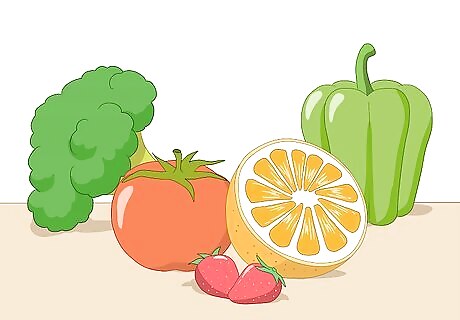
Boost your vitamin C intake. Vitamin C does help support the cartilage in your body, which could be beneficial for treating TMJ. There aren’t any studies proving this, but boosting your vitamin C intake might help you. Good sources of vitamin C include citrus fruits, bell peppers, leafy green vegetables, tomatoes, berries, and melon.



















Comments
0 comment